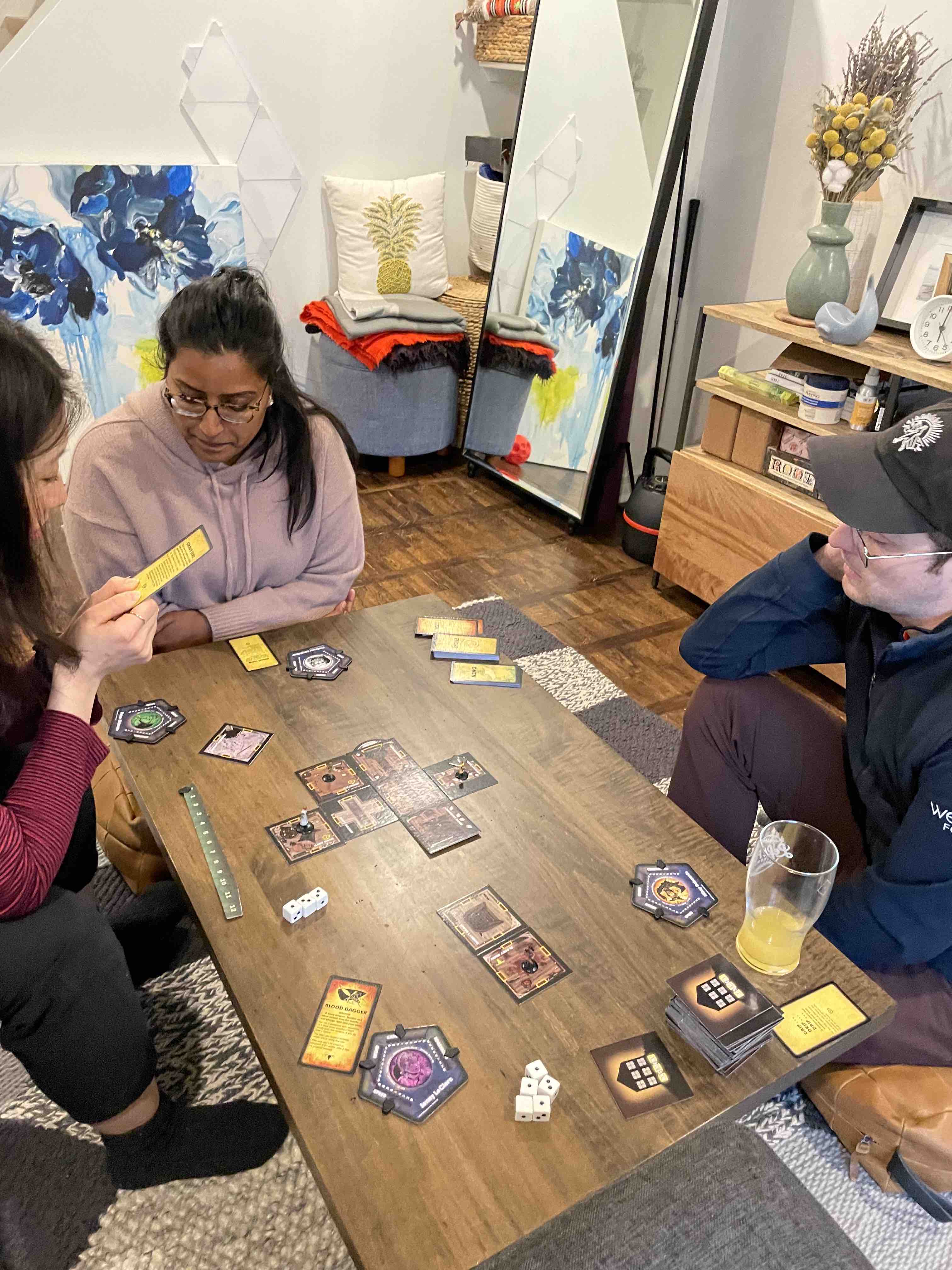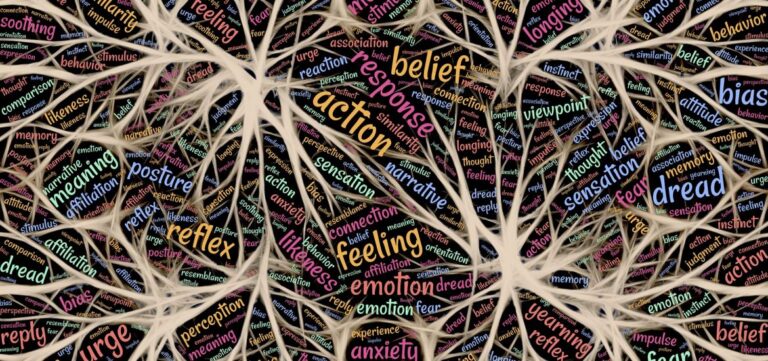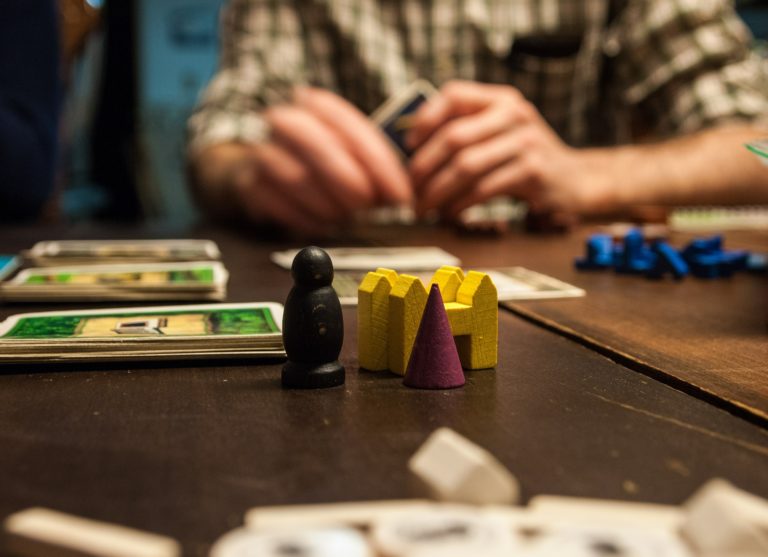Playing board games is not only fun, it can be filled with so many hidden benefits for both kids and adults.
These benefits can positively impact a person’s mental well-being, as well as foster social advances and psychological growth.
So, let’s take a deep dive and explore the 8 extraordinary benefits of playing board games for kids and adults!
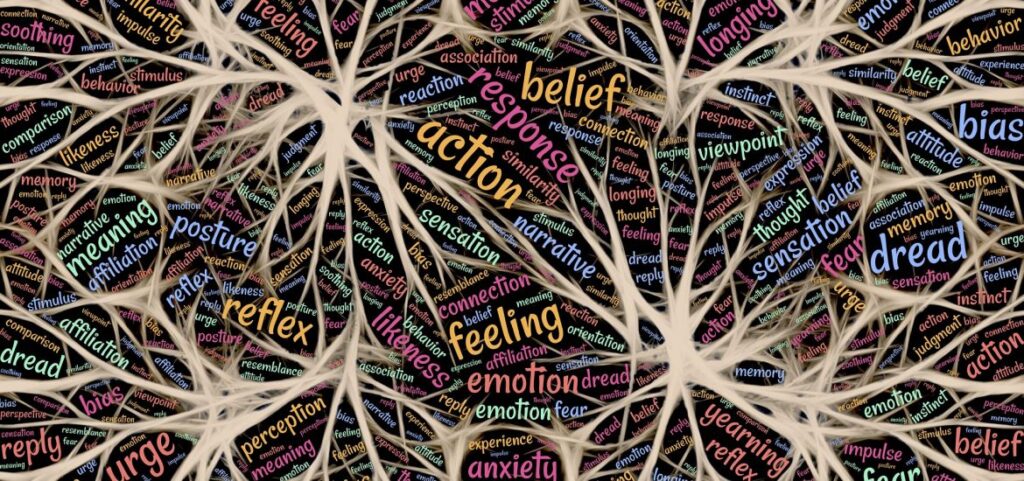
1. Neurological and Physical Benefits of Board Games
Although there has been plenty of research on the cognitive, motivational, emotional and social effects of video games, there is increasing research on similar effects and benefits of board games.
Board games range from simple to highly complex, fantasy to hyper realistic, and individual to group-based.
These intrinsic aspects of board games can have various benefits related to increased mental function in children and adolescents as well as decreased cognitive decline in older adults and seniors.
Increased Mental Function in Children
As an example, in young children, early exposure to board games introduces game-theory to a growing mind. That is, a young player can start to understand that their action or strategy must take into account others actions or strategies.
Just this increased level of analysis and decision making can fast-forward neurological development in a child, and may lead to further neurological impacts.
Decreased Cognitive Decline in Older Adults
Likewise, in older adults and seniors, playing board games can provide cognitive and physical stimulation as a means for individuals to better themselves [Reference].
In one study, a theory was investigated was that engaging in gamed-based cognitive activities, which can extend to board games, may potentially help older adults who do not develop dementia help improve or otherwise maintain their cognitive abilities [Reference].
The study results seem to support the notion of brain plasticity, or the brains ability to “reorganize resources to strengthen the fidelity of the learned stimuli or behaviour” [Reference].
In short, the information processing capacity of the brain improves, which promotes memory development and memory retrieval.
Pretty amazing, right?

2. Social Interactions and Relationship Building
Whether it’s playing a board game around the dinner table with family, or in the school cafeteria with friends, board games can be a significant source of social interactions and bonding.
With relatives, family-friendly board games can be a great way for members to reconnect, especially during periods of extreme change like puberty. Board games can be opportunities for everyone to slowdown and reconnect on a more personal level.
With friends, board games help fast-forward relationships. You get to know and understand different aspects of people a lot quicker. And, as a bonus, you get to potentially meet and interact with new people especially if you play party board games!
Pro-tip: Check out my article on How to Plan an Epic Family Board Game Night for tips and tricks for your next family night.
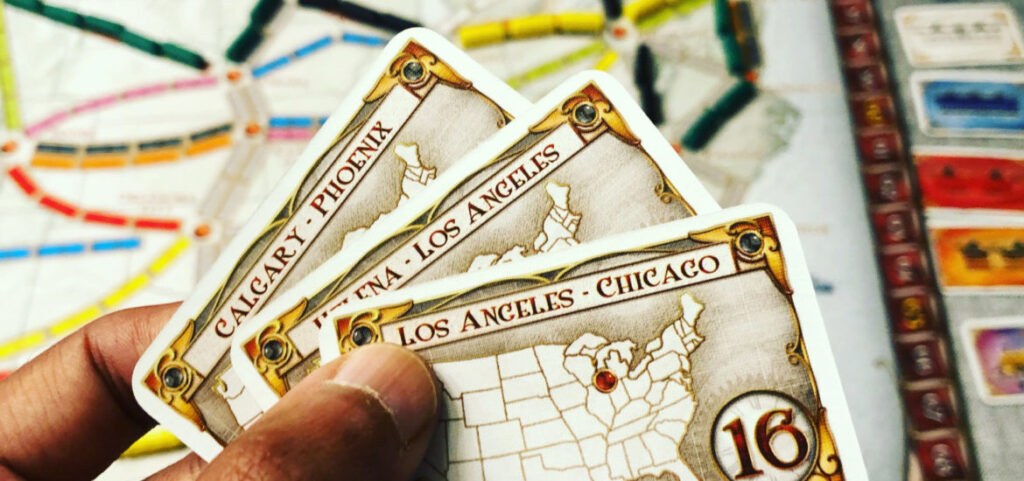
3. (Some) Board Games Require Critical Thinking
Some board games have simple rules like Connect 4, and Checkers, while others like Chess and Monopoly have more complex game dynamics.
Understanding and playing these higher skill level games throughout your lifetime requires a deeper usage of critical thinking skills.
Critical thinking can include planning your moves in advance in Chess, negotiating terms for trade in Catan, or optimizing your quilt pattern in Patchwork.
Naturally, these skills can and will bleed over into the real world. Individuals who are keen critical thinkers at board games will naturally implement similar strategies in business and communication.

4. Learn Patience, Fairness, & Rules While Playing Board Games
Playing a board game is typically a very structured activity. There is usually a certain “procedure” that everyone must follow for the game to be played successfully. This structure is incredibly powerful especially for young kids.
That’s because the structured aspect of board games introduces kids to three keys aspects of life – patience, fairness, and rules.
Learning how to and actually playing new and different board games requires players to be patient with one another. That’s because each person starts off on the same level and is granted the same “influence” while playing a board game.
For a board game to be fun and engaging, a certain amount of fairness needs to be maintained as well. No one person can or should “control” or dictate the outcome of a game. Instead, everyone has an equal opportunity to contribute. And the outcome of a game is based on the collective roles.
Finally, playing board games by the rules is key since without doing so would lead to a collapse in the overall game dynamics. This diminishes the overall gaming experience and tarnishes the prospect of winning (or losing).
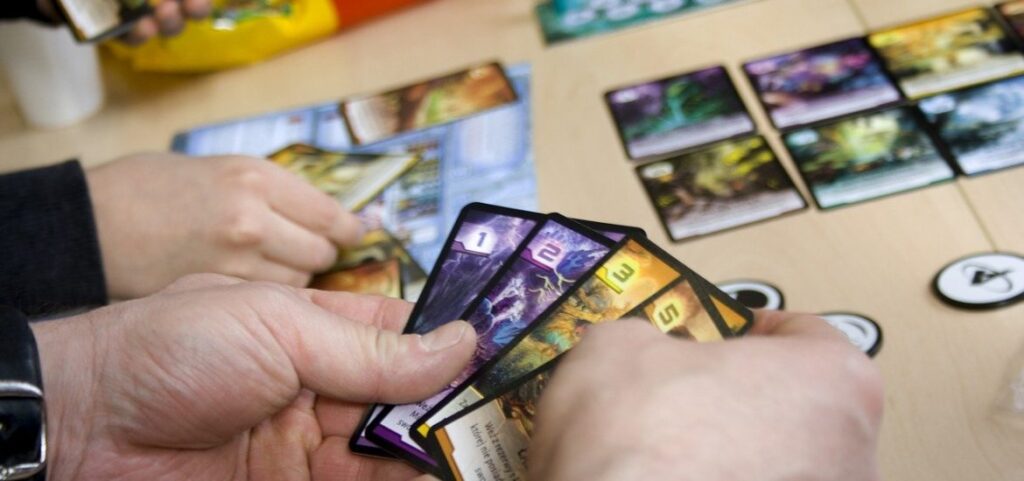
5. Board Games Help You Learn How to Deal with Winning (and Losing Gracefully)
Just like any sport, individuals playing either cooperative or competitive board games will eventually win or inevitably lose.
However, unlike in sports where it’s mostly based on the ability to meet, match, or exceed an opposing players’ physical skills, board games primarily boil down to duelling mental faculties.
When it comes to emotions, that might mean a board game win or loss can perhaps feel just as significant as the outcome of a sport.
Over time, the repeated results of winning or losing at a board game can become normalized. This is incredibly useful since life if filled with moments of triumph and failure.
So, the emotions pertaining to the outcome of a board game can help foster positive correlations with both winning and losing.
And by that I mean, in essence, individuals can practice dealing with the emotions of winning respectfully and losing gracefully (which is something my wife says I need to work on…).

6. Getting Away from Electronic Devices and Screens
Technology has becoming integrated into all parts of our lives. Whether it’s cell phones, tablets, TVs, or even smart watches, we are constantly reacting to and stimulated by electronics.
Well, living a life filled with notifications and alerts can be quite taxing on the mind. Perhaps some of us are also becoming conditioned to having that constant or random source of stimulation.
Well, board games can offer respite from ring tones, a pause from social media notifications, and a break from screens.
And, you don’t have to spend hours upon hours playing board games. Even quick 15-minute board games can be a nice break from media and electronics which might be all that you need to recharge your mind.
Personally, I find that board games can help stimulate my mind in a less obtrusive and more constructive way than some media sources.
I truly relish the time away from my devices, and mindfully engaging with people around me with purpose and intent.
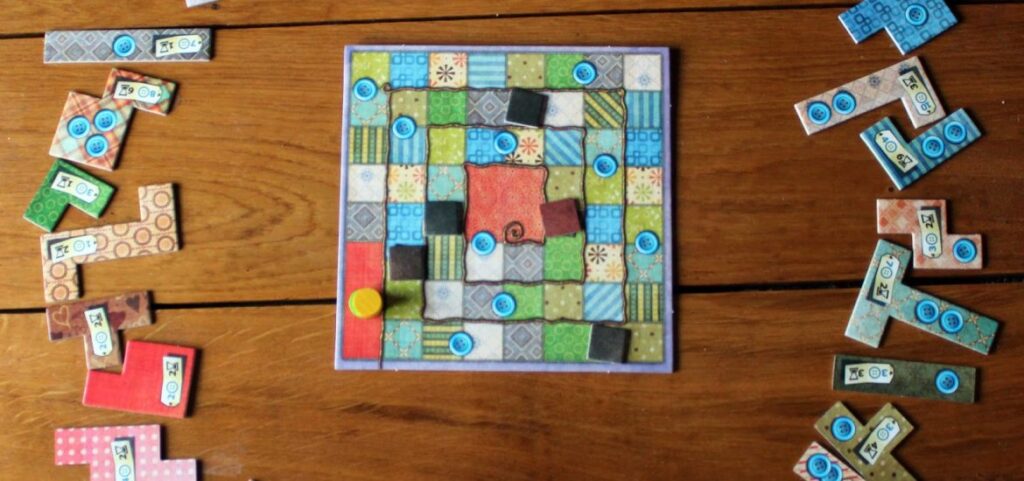
7. Board Games Foster Creativity and Confidence
To many, board games might seem trivial and only a means to have “fun”.
But, there are two extraordinary non-obvious benefits of board games for all ages of players – the ability to foster creativity and confidence through play.
Showcasing Creativity in Gameplay
Let’s take Chess for example. The rules and gameplay might seem systematic and mundane. However, in the mind of a growing child, or an adult who is well versed in competition, Chess can be a master-class in creativity.
That’s because, to win, it requires an individual to creatively utilize their pieces in a way that the opposing player cannot imagine. The use of creativity creates a narrative that only the individual initially understands, but the opposing player comes to realize throughout the game.
Alternatively, board games such as Cranium or Patchwork include aspects of creativity built into the game rules. In these examples, players must sculpt clay into objects for people to recognize or position tiles in a unique way to gain the most points.
With practice, players can learn and adopt creativity in their gameplay, and showcase it as a strength and asset.
Developing Personal Confidence
For some individuals, self-confidence might be buried deep inside of them, whether it’s due to trauma or just growing up always being shy in group settings.
Well, playing a board game can give these people a chance to reveal this hidden personality trait. It can allow them to explore their confident self, being more open, and showcasing their full individuality!
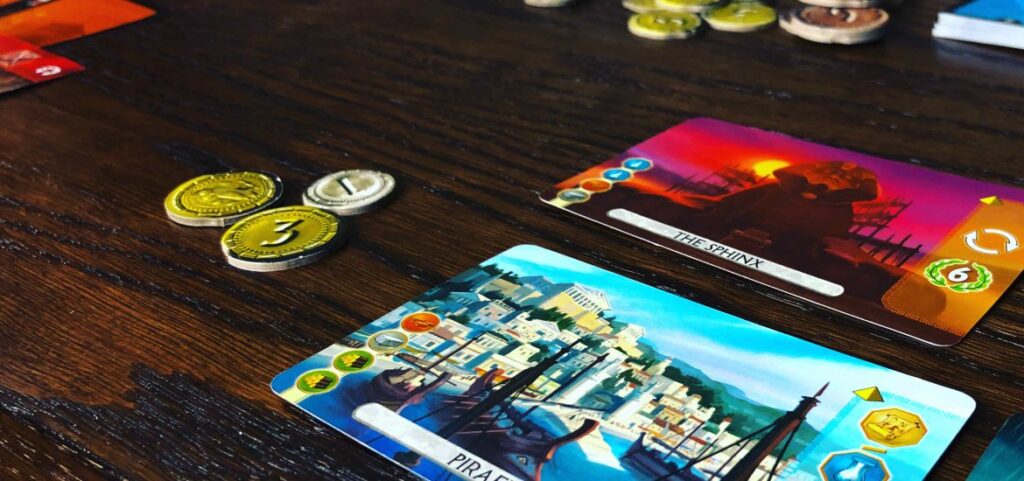
8. Board Games Can be Tools for Education
Yes, a majority of board games are based on fictional scenarios, with made-up rules. However, some great board games mimic realistic scenarios, and emulate reality.
These games can be a wonderful proxy and tool for educational purposes!
- Pandemic perfectly simulates global viral outbreaks, similar to the 2020 Coronavirus epidemic.
- In Monopoly, players learn how to manage money and properties, and are introduced to terms such as mortgages.
- Trivial Pursuit test contestants’ general knowledge on sports, culture, history, and geography.
The “gaming” aspect of board games is only the surface. There is a whole other aspect to board games that can be utilized by parents, teachers, and friends to encourage people to learn, grow, and educate themselves!
Playing board games are filled with so many benefits. How do you positively benefit from playing board games with friends and family?
Let me know your favourites in the comments below!
This article contains affiliate links, which help support this blog at no cost to you!

